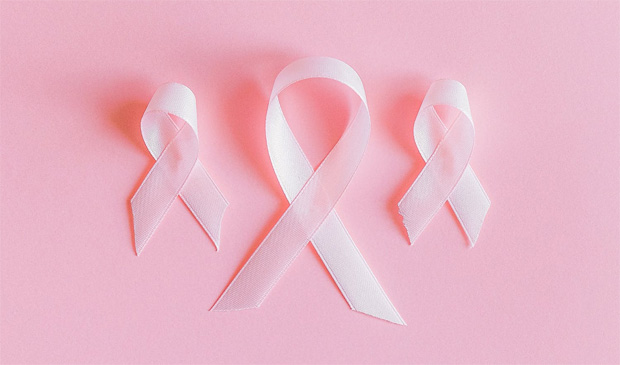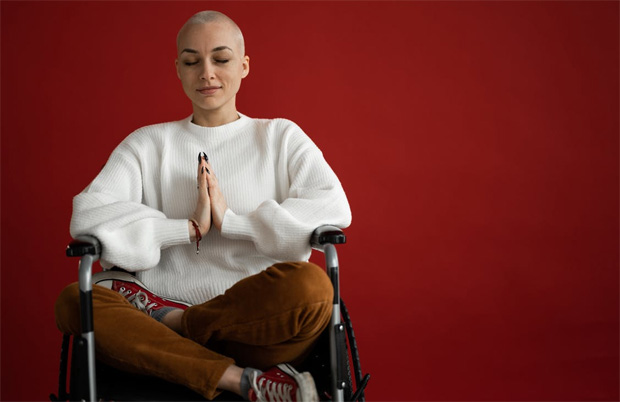Are Some Types Of Cancer Genetic? Find Out Here

Are Some Types Of Cancer Genetic? Find Out Here
When it comes to cancer, there are many things that can contribute to the development of the disease. Cancer can be caused by a variety of things, including lifestyle choices, environmental factors, and even genetics. This means that some people may be at a higher risk for developing cancer due to their family history or genetic makeup. Here are some things to keep in mind when it comes to cancer and genetics.
- Mutations in certain genes can increase cancer risk
There are many different genes that have been linked to an increased risk of developing cancer. These genes can be passed down from generation to generation, which means that if you have a family history of cancer, you may be at a higher risk of developing the disease yourself. Some of the most common genes that have been linked to cancer include BRCA1 and BRCA2. It’s important to detect mutations in these genes early so that you can take steps to reduce your cancer risk. These genes are associated with an increased risk of breast and ovarian cancer. It’s important to talk to your doctor about your family history and get tested for these mutations if necessary.

- Family history is an important factor
When it comes to cancer, family history is an important factor to consider. If you have a family member who has had cancer, you may be at a higher risk of developing the disease yourself. This is why it’s important to talk to your doctor about your family history and get tested for genetic mutations if necessary. Additionally, you should take steps to reduce your cancer risk by making healthy lifestyle choices and staying aware of your family history. This can help you catch the disease early and get the treatment you need.
- Cancer can be caused by other factors too
It’s important to remember that cancer is not always caused by genetics or family history. There are many other factors that can contribute to the development of cancer, including lifestyle choices and environmental factors. This means that even if you don’t have a family history of cancer, you can still be at risk for the disease. Therefore, it’s important to take steps to reduce your cancer risk by making healthy lifestyle choices and staying aware of your family history. This can help you catch the disease early and get the treatment you need.
- There are many things you can do to reduce your cancer risk
Even if you have a family history of cancer or genetic mutations that put you at a higher risk for the disease, there are many things you can do to reduce your cancer risk. These include making healthy lifestyle choices, staying aware of your family history, and getting tested for genetic mutations. Additionally, you should talk to your doctor about your risks and what you can do to reduce them. By taking these steps, you can help protect yourself from cancer. If you are coping with cancer, it’s important to get the right support from your family and co-workers. There’s many charities there to help. It’s important to remember that cancer is a complex disease, and there are many factors that can contribute to its development. However, by understanding your risks and taking steps to reduce them, you can help protect yourself from this disease.

- Cancer is a complex disease with many possible causes
Cancer is a complex disease with many possible causes. This means that there is no one definitive answer when it comes to the question of whether or not cancer is genetic. However, there are certain factors that can increase your risk of developing cancer, including family history, genetic mutations, and lifestyle choices. Therefore, it’s important to talk to your doctor about your risks and take steps to reduce them. By understanding your risks and taking steps to reduce them, you can help protect yourself from cancer.
- There is still much to learn
Cancer is a complex disease, and there is still much to learn. This means that the answer to the question of whether or not cancer is genetic is still evolving. Additionally, cancer can be caused by a variety of factors, including lifestyle choices, environmental exposures, and luck. If you have a family history of cancer, talk to your doctor about your risks and what you can do to reduce them. It’s also important to remember that not all cancers are alike, and even if a cancer is genetic, that doesn’t mean it’s inevitable. With early detection and treatment, many types of cancer can be beaten.
Cancer is a complex disease with many possible causes. There is no one definitive answer when it comes to the question of whether or not cancer is genetic. However, certain factors, such as family history, genetic mutations, and lifestyle choices, can increase your risk of developing cancer. Therefore, it’s important to talk to your doctor about your risks and take steps to reduce them. By understanding your risks and taking steps to reduce them, you can help protect yourself from cancer.
Author: Allen Brown.




